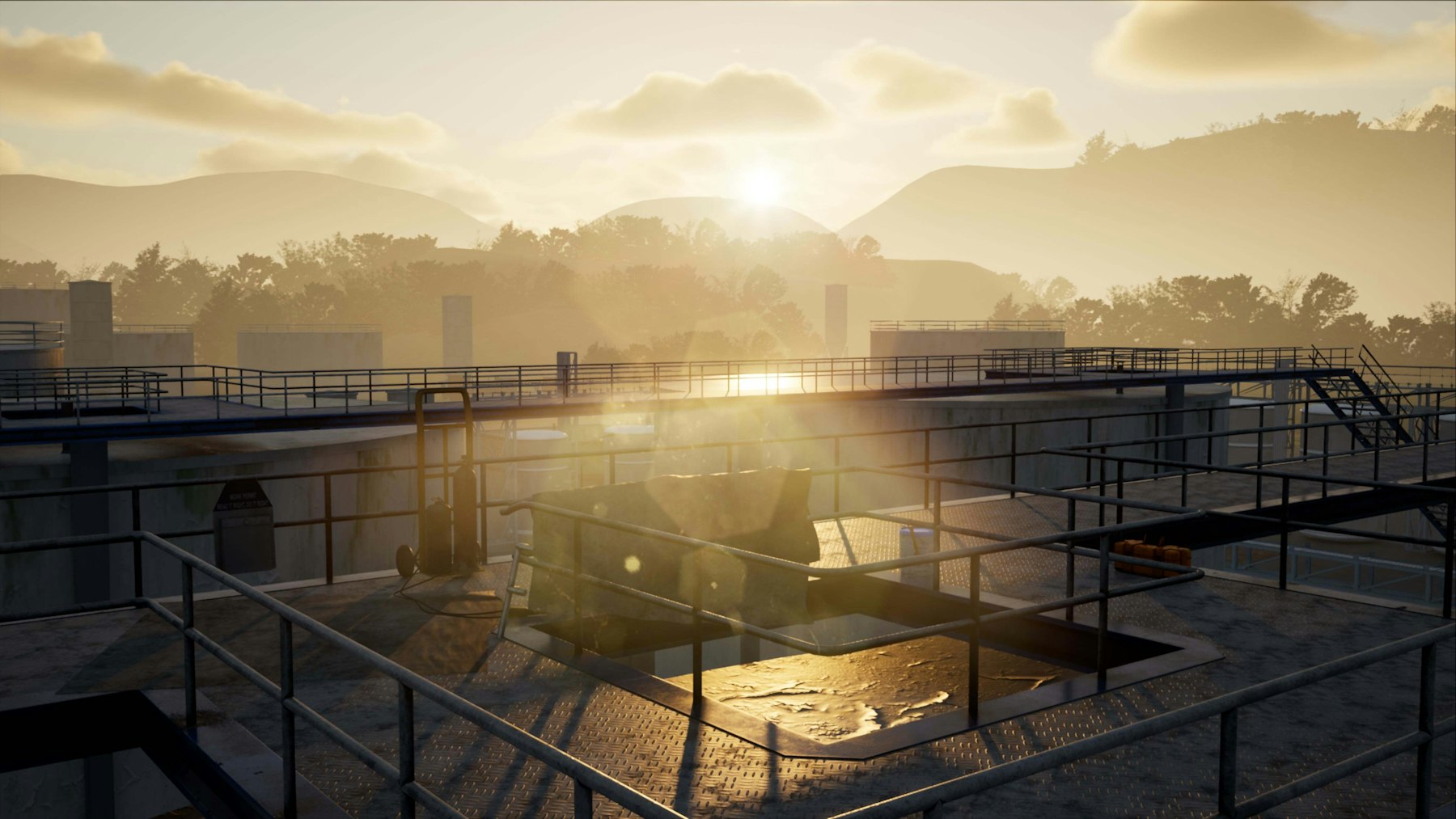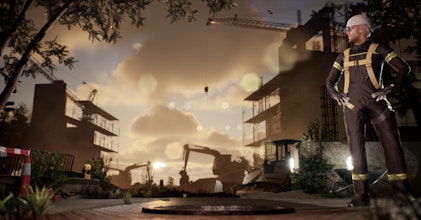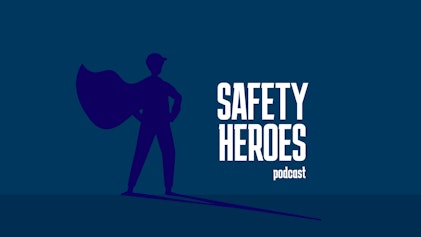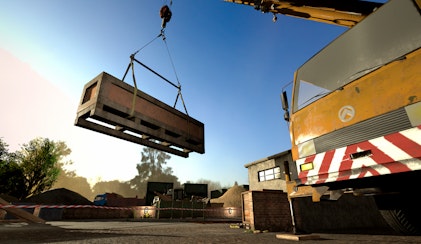If you’ve ever played video games, you get it; it takes a lot more effort to stop playing than to start.
We love video games because they tap into human tendencies. They tap into our desire to compete (getting to the next level), our need to collaborate with others (teaming up with friends or strangers online) and our love for storylines (following that campaign mode). We feel motivated by the magical realization that we’re in control of the story and have the power to change the narrative through our actions.
But why save all the fun for leisure time? That same quality of agency can translate to learning and training. At Pixaera, we’re making learning more engaging and effective with immersive VR training platforms that teleport participants into the situation, allowing their emotions and reactions to dictate the story. We make learning natural, which means greater retention and understanding.
We can learn a thing or two from the video game world to unlock the true potential of immersive learning.
Life or death can still be fun
Wait, what?
For some of our biggest clients, Pixaera’s platform is used to teach standards from the International Association of Oil and Gas Producers (IOGP) with our oil and gas VR training. These standards - known as Life-Saving Rules - do exactly as their name suggests; provide workers the actions they need to take to prevent fatalities in dangerous environments.
Mandatory training in any walk of life - school, corporate settings or job sites - can often feel tedious and ineffective. Learning doesn’t have to be that way.
Learning can be fun. If you’re enjoying yourself, you’re far more likely to understand the bigger picture and finer details. Dr. Martha Burns, points out that dopamine (produced in the brain when you’re having fun) is equivalent to a “save button” for information.
That’s what we find really exciting about our platform; we’ve found a solution that blends together a concoction of fun with a level of effectiveness that translates to real results.
Retention vs. understanding
Research from Stanford University and Technical University Denmark found that learners recall more from virtual reality (VR) training methods, leading to a 76% increase in effectiveness.
Retention is a great start; understanding is even better. Workers can memorize all of the facts and stats in the world; it won’t help them react when an emergency occurs and human beings’ lives are on the line. By doing something yourself it builds the mechanical response to become prepared subconsciously. The power of narrative and memorable events is the key to impressive performance.
We followed up with training participants after completing simulations related to the Life Saving Rules of IOGP. Most participants assumed that recalling details from the lessons would be difficult. What they found was just the opposite. The memorable storylines, active participation and realistic details of the immersive environment made recall easier than expected. Participants were able to identify who was on the “worksite”, what mistakes happened and how solutions were found.
Gaining valuable insights
At Pixaera, our team is always looking to improve the platform - it’s a borderline obsession.
We’re able to learn so much about people’s behavior in critical and high-risk situations by watching participants go through our simulations. Each participant reacts to different triggers in their own way. We can compare thousands of reactions and observe trends that help us improve our simulations. Learning outcomes are maximized when we can AB test different methods and see how participants react.
Businesses can do the same. Observing users can help training leaders identify trends and improvements that will have a direct impact on reducing incident rates at sites or in the real world.
Virtual reality is more than just a game; it’s a vital part of the future of learning. As we learn about different learning models and user engagement, we’ll continuously adapt our simulations to be the tools that our clients and other developers leverage for optimized learning.



